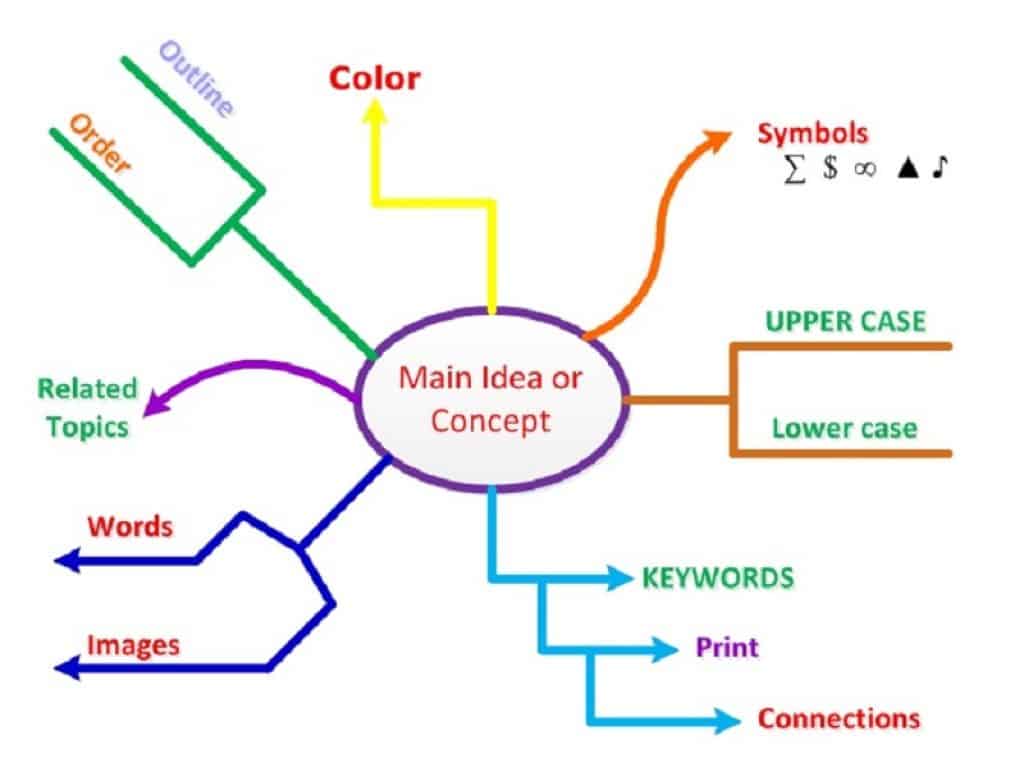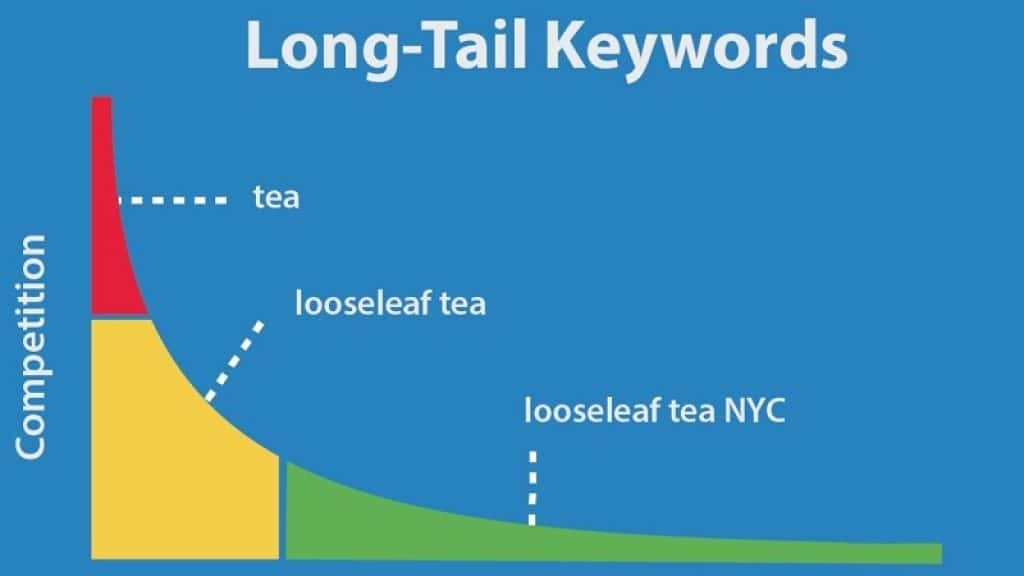
If you're a new business owner trying to get your website on search engines' top pages, you might have come across the term “Keyword Research.” As the name suggests, it is about researching keywords (search queries) that people often search related to your business.
Due to the rising competition on search engine giants like Google, you need to do keyword research the right way to bring targeted traffic to your website. How should you do that? This article lists down the important tips.
Take a look.
Start With a List of Seed Keywords

Start by formulating a list of seed keywords. These keywords should be relevant to your topics and, more importantly, they should be terms that your target audience is searching for on Google.
Remember that these keywords will be the basis of your keyword research. They will help you to identify your niche and your competitors. Here's a sweet fact – t's much easier than you might think to identify your product's focus or brand's seed keywords.
Simply describe what you offer and discuss with your team how others might search it on Google.
Select The Right Keyword Research Tools

There might be a time when you will be tempted to think, “Is keyword research all about tools, or does it require luck as well?”.
To be honest, there is no right or wrong answer. However, there is a sureshot benefit to searching for keywords directly from your business or brand perspective. This helps you avoid getting lost in the details and gives you a better perspective to help you create content and optimize your SEO strategy.
After identifying your goals and topics, consider using industry-standard keyword research tools to refine your search terms further. Google Keyword Planner could be an option. However, it does not provide exact search volumes. You can instead use Ahrefs or SEMRUSH. You will get more information, and it will help you narrow down your search terms.
These tools can also provide additional suggestions on related keywords. You just need to type the topic or seed keyword into the search box. You will get a list with alternative keywords, including questions and prepositions.
Know The Search Intent

It used to be easy to plug in high-volume keywords to boost page rankings. It's not as easy anymore. Google's machine-learning search algorithms use search terms to determine search intent.
You can see search intent as the reason people search for a particular term. Many habits drive the way people search for terms online, like:
- What's the reason for their search?
- Do they have a question in mind, or are they looking for answers to a question they already know?
- Is it a certain website they are looking to search?
- Do they want to purchase something?
Put yourself in the shoes of your target audience. What would they do if they searched for your topic? What will they do with the terms? Do they want to purchase something? Are they searching for a solution to a problem or a product?
Once you know the search intent of potential customers or readers, you can use that information to refine your keyword research. It is a great idea to compile a list with high-volume keywords related to your topic or brand.
It is even more important to find keywords that match the search intent of your target audience.
Research Long Tail Keywords

Seed keywords are usually shorter search terms closely related to your brand's main topic or category.
On the other hand, long-tail keywords are more descriptive and can often be related to smaller sub-topics within your brand. They are easier to match your target audience's search intention than seed keywords.
For instance, if your website publishes content about golf equipment reviews, long-tail keywords such as “what is the best nine-iron golf club?” will be more effective than using the seed keyword “golf clubs.” Although long-tail keywords are less popular than the seed keyword “golf club,” they can often be converted quickly because they are specific to a topic or product.
Final Word
Keyword research is an art. It is safe to say it can either make or break a business. So, you'd want to make sure your keyword research game is on point to nail your competition. You can consider consulting local SEO consultants if you think keyword research isn't your cup of tea.










